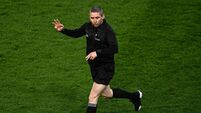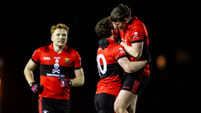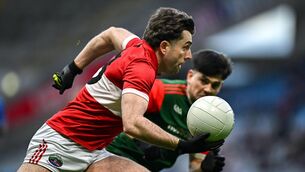‘GAA has lost a great Irishman and icon of sport’
But, based on the huge respect he earned not only on the field but in his interaction with people all over the country and abroad – as well in his distinguished army career – he admitted a few years ago that this singular disappointment had long been eradicated through the huge friendships he had made over several decades.
Mick O’Dwyer was at the helm of that great Kerry team which triumphed 30 years ago and it’s ironic that Earley managed Kildare for a three-year spell in between O’Dwyer’s two terms as manager of the Lilywhites. And, his son Dermot was a key member of the team which O’Dwyer steered towards the 1998 All-Ireland final against Galway.














